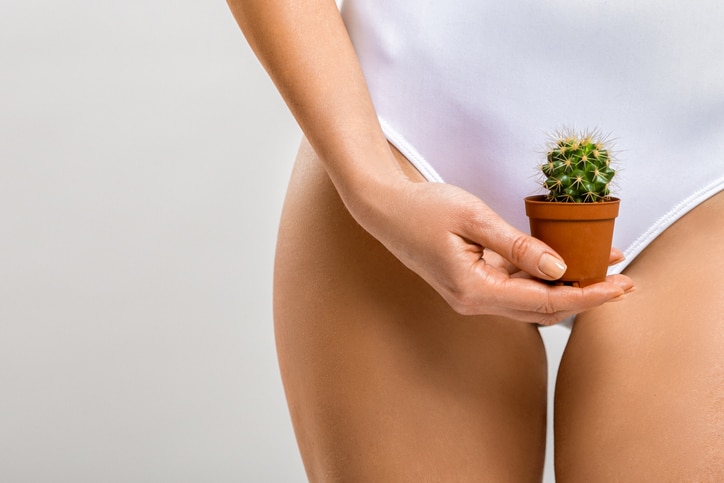Removing body hair by shaving can be a pain. That’s why many people have ditched their razors in favor of hair removal creams. Let us explain why hair removal cream is better than shaving in this article.
Why hair removal creams are better?
Unlike razor hair removal, which severs the hair at the skin level, using a depilatory cream (more commonly known as hair removal cream) lasts days longer and causes hair to grow back softer than shaving. So, why does the hair grow back so quickly after shaving? When you shave, your razor cuts hair across the hair shaft from the skin’s surface, giving it a sharp edge. While shaving removes hair above the skin’s surface, depilatory creams remove hair below the skin. This means that you can remain stubble free for up to nine days if you use a depilatory cream.

Here are the key benefits of depilatory cream to remove body hair:
- Fast and easy
- More long-lasting result compared to shaving
- Hair grows back softer

How do hair removal creams work?
The chemicals in a depilatory cream, with ingredients like sodium thioglycolate, calcium thioglycolate, and strontium sulfide, break down the hair’s protein structure. These proteins are known as keratins. Once a depilatory cream dissolves the keratin, the hair becomes a jelly-like substance that’s easy to wipe off.

How to use hair removal creams safely?
The chemicals in depilatory creams may pose a potential risk of skin sensitivity, which can lead to redness, irritation and burns. Be sure you perform a patch test prior to application. If you do have sensitive skin, shaving should be the best method of hair removal. Apart from that, depilatory creams are not suitable for all areas. Do not use them too close to your genitals, eyes, or nose for fear of chemical burning.













